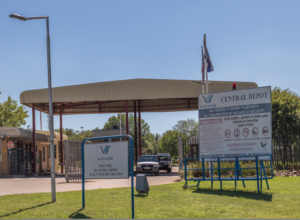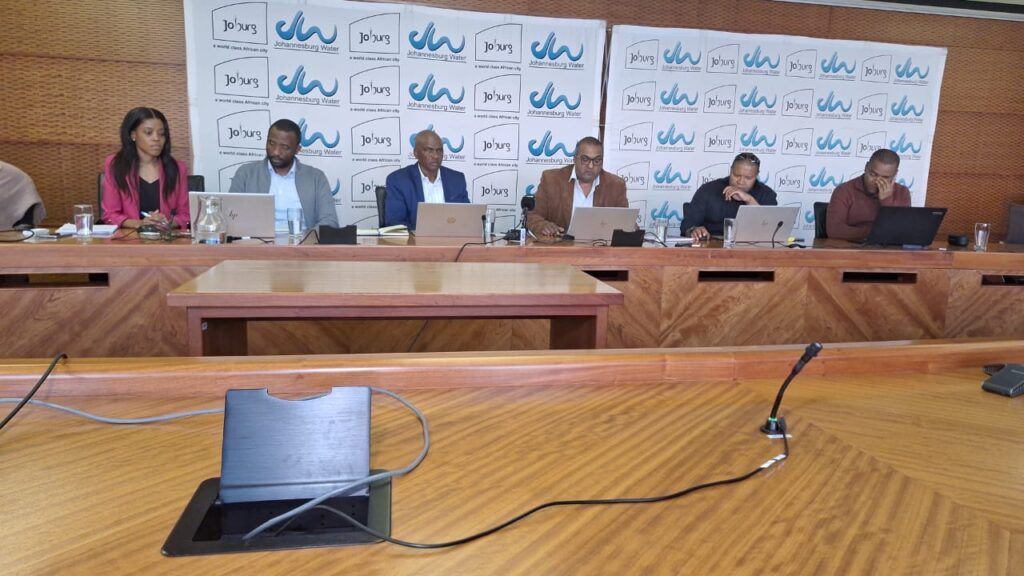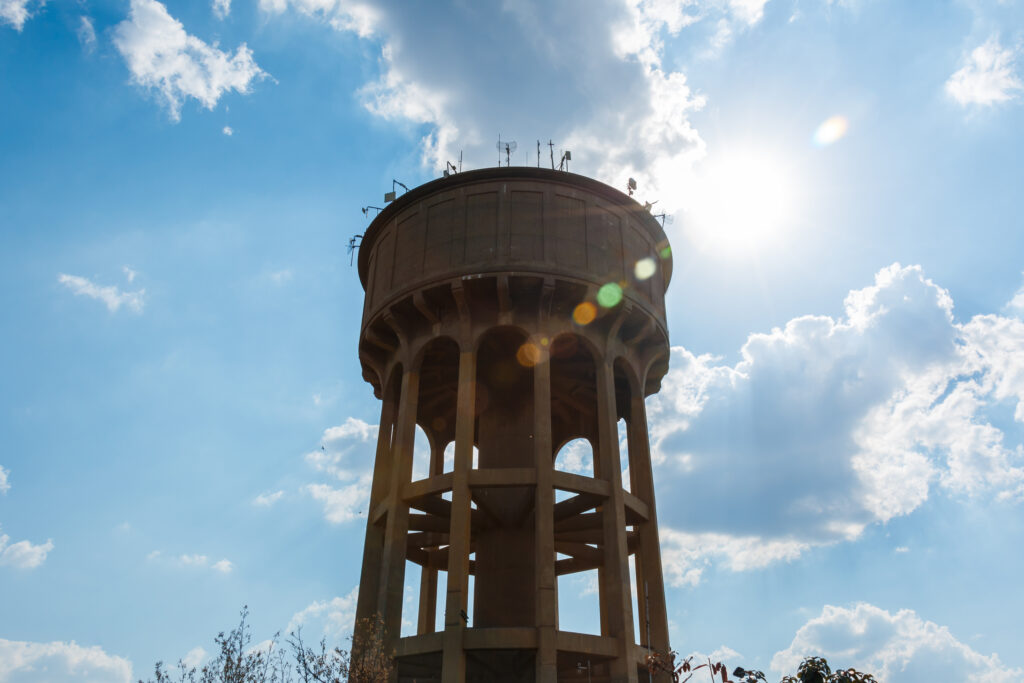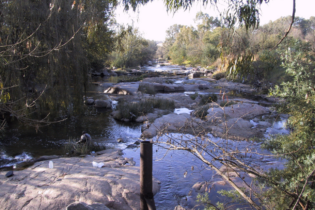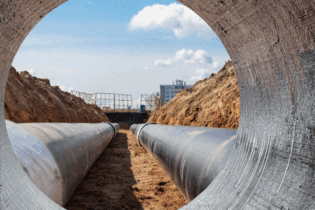Randwater will begin its massive infrastructure maintenance project in Johannesburg on the 22nd of June, this maintenance is crucial and ahead of the planned commencement, Johannesburg Water held a media briefing to show how it will handle the water reduction from its side.
By Duncan Nortier Randwater is the bulk water supplier for Gauteng, parts of Mpumalanga, the Free State and North West. The entity is one of the largest in the world and provides bulk water to over 11 million water users. They collect water from various sources and process this raw water into useable clean drinking water which is then sent to various municipalities that ensure this water is sent through to their residents.The scope of maintenance
The city of Johannesburg represents a large portion of the water Randwater supplies and this means constant pressure on the system. This maintenance project ensures that the current infrastructure is properly looked after so that it may continue to serve the people who rely on it. The maintenance is broken up into three distinct operations:- The completion of the new flexibility project will enhance interconnectedness between Waterval 1 and 2 reservoirs. This will take a planned 72 hours and run from June 22nd to June 27th. The impact is that the Eikenhof pump station, which pumps water to 28 out of 46 reservoir and tower systems in Randwater’s distribution network, will pump at 50% of its operational capacity for 8 hours, and 67% for the remaining 64 hours.
- The cleaning of the sedimentation tank at the Vereeniging Plant which affects the Eikenhof system. This will take 18 days beginning on the 24th of June and ending on the 12th of July. This means that after the flexibility project, the pump station will increase its capacity from 67% to 83% for the remaining 26 days of maintenance.
- The replacement of a defective valve at the Vereeniging station affecting the Zwartkopjes system begins on June 24th and ends on June 25th lasting 27 hours. There will be no pumping at Daleside for 4 hours and a 50% reduction at Zwartkopjes.
The benefits
South Africa’s struggles with infrastructure are often due to poor maintenance of existing infrastructure and Randwater understands the importance of the task at hand. The long-term benefits of the planned maintenance far outweigh the short-term inconvenience that water users may experience during this time. After the various projects have been completed there will be improved availability and reliability of pump infrastructure, optimal functioning of the system, reduced bulk supply downtime, enhanced flexibility in the pumping configuration of the Eikenhof pump station, increased capacity in the Randwater Waterval reservoir complex, adherence to the requirements of water quality (SANS 241), and an overall improved reliability of Jhb Water systems.Johannesburg Water mitigation strategies
Johannesburg Water has identified the impacted areas and made provisions for them by means of 85 roaming tankers, and 250 Jojo tanks.The Jojo tanks will be located at key service areas such as schools, hospitals, old age homes, police stations, and any part of an area or suburb that ward councillors have identified.
As this is planned maintenance and not a crisis the city warns against the overuse of water after the weekend starting 22nd June. They recommend that if possible residents store up a reasonable quantity of water that can be used for essentials such as flushing toilets and hygiene before Saturday, June 22nd.

